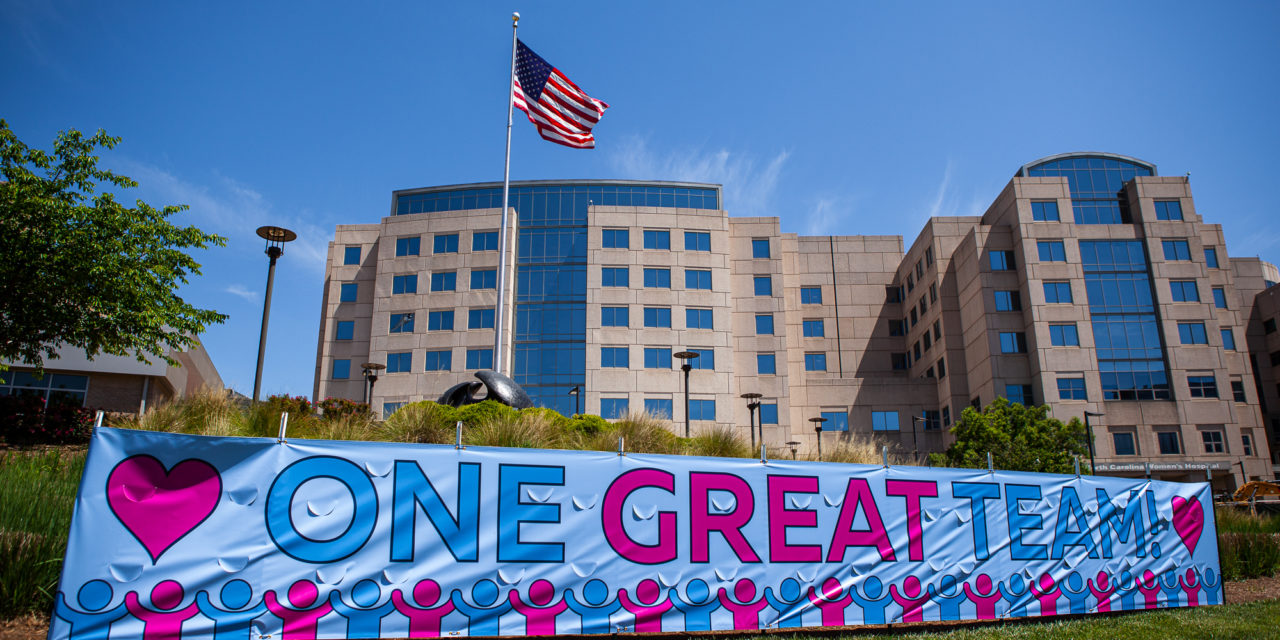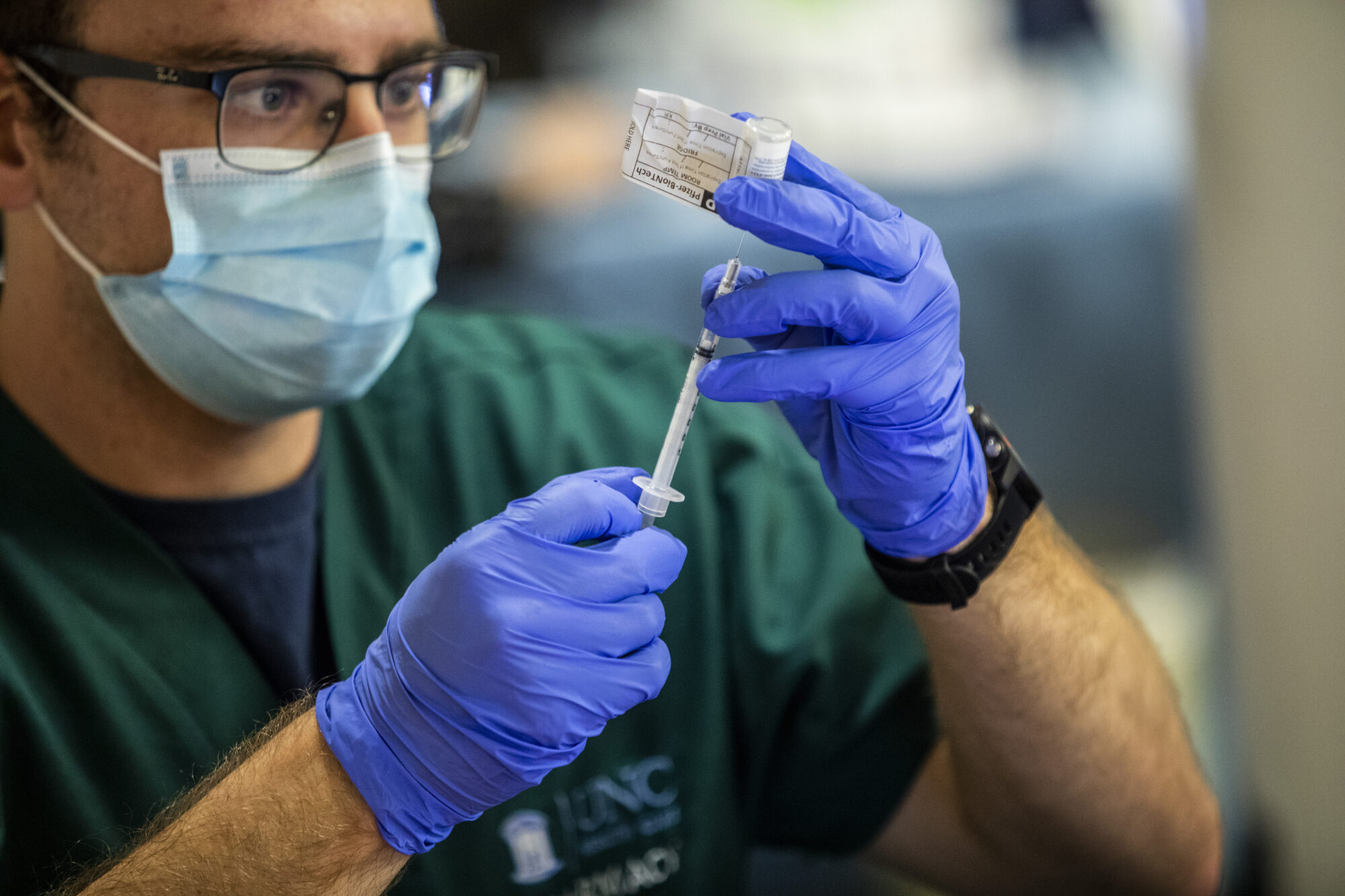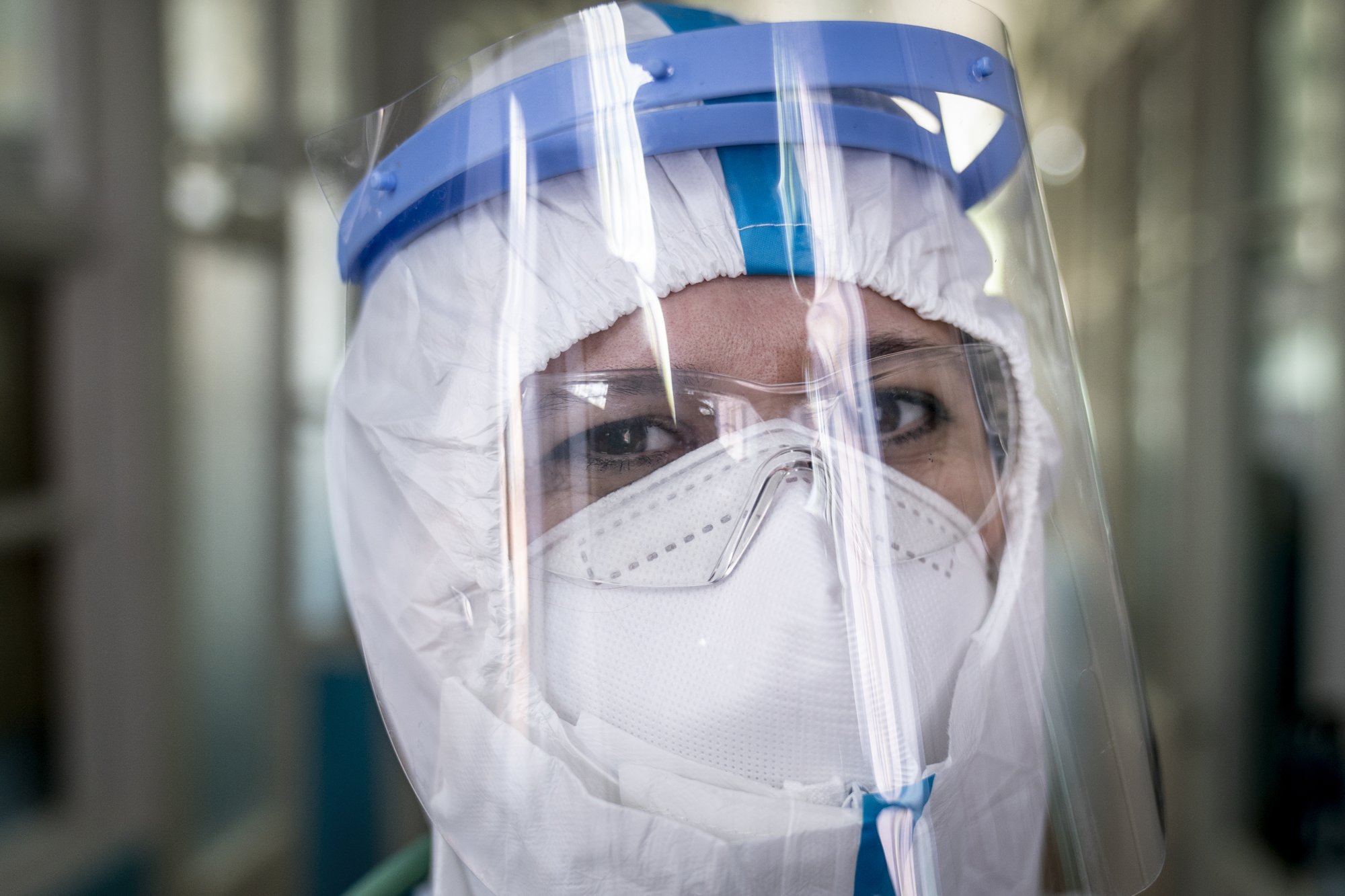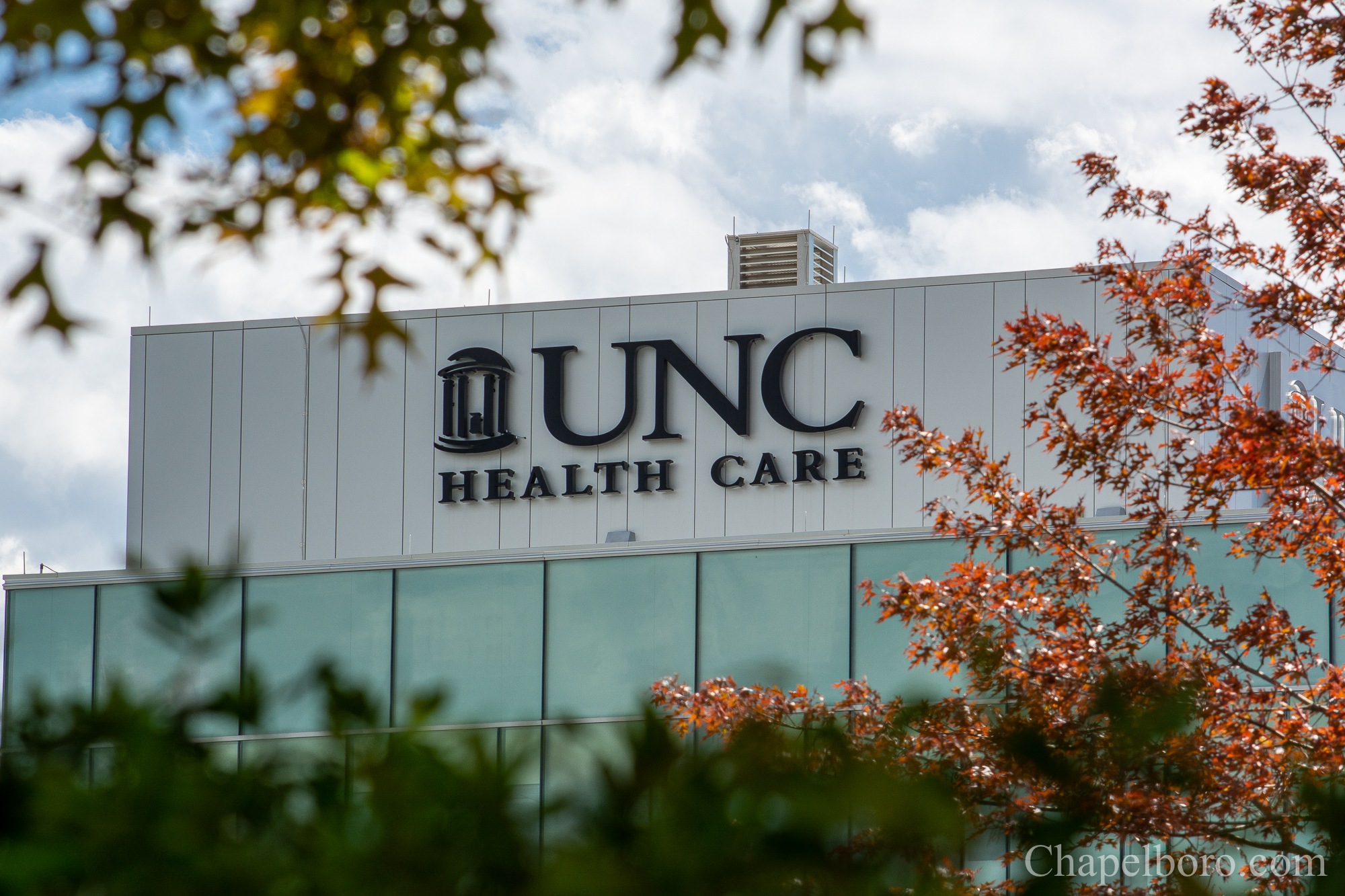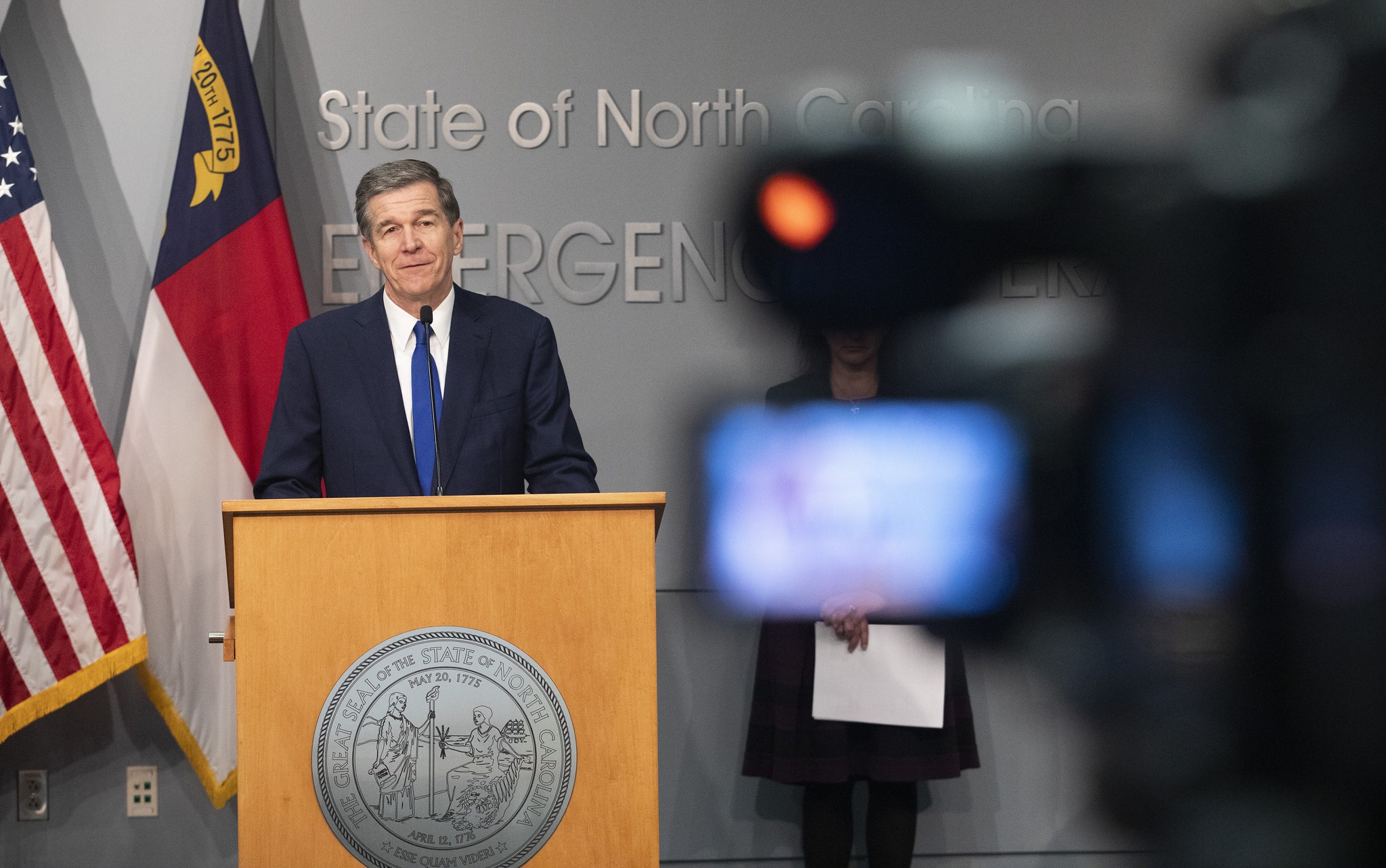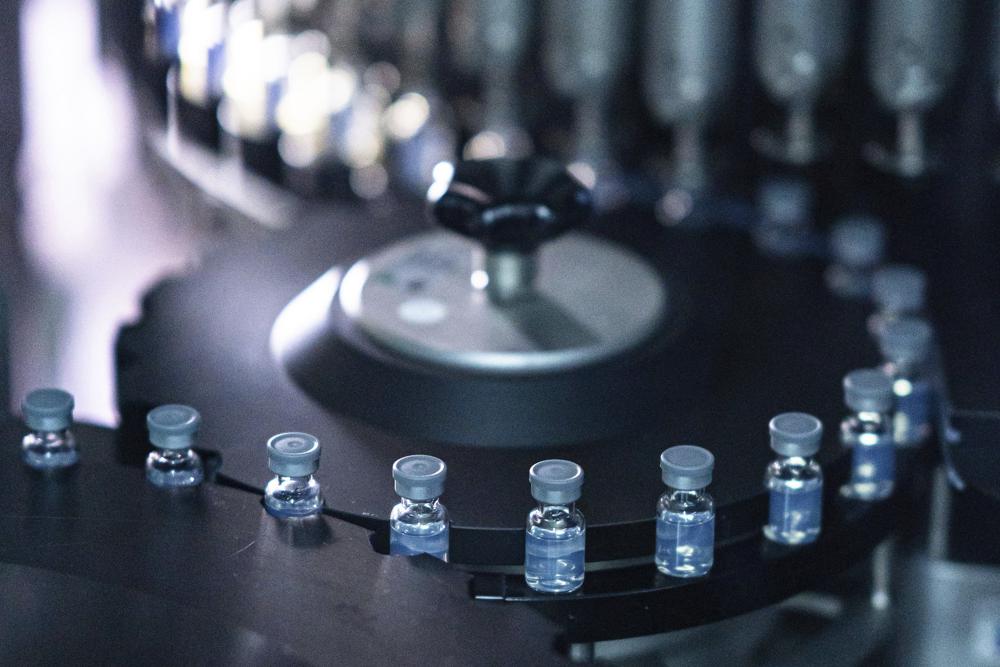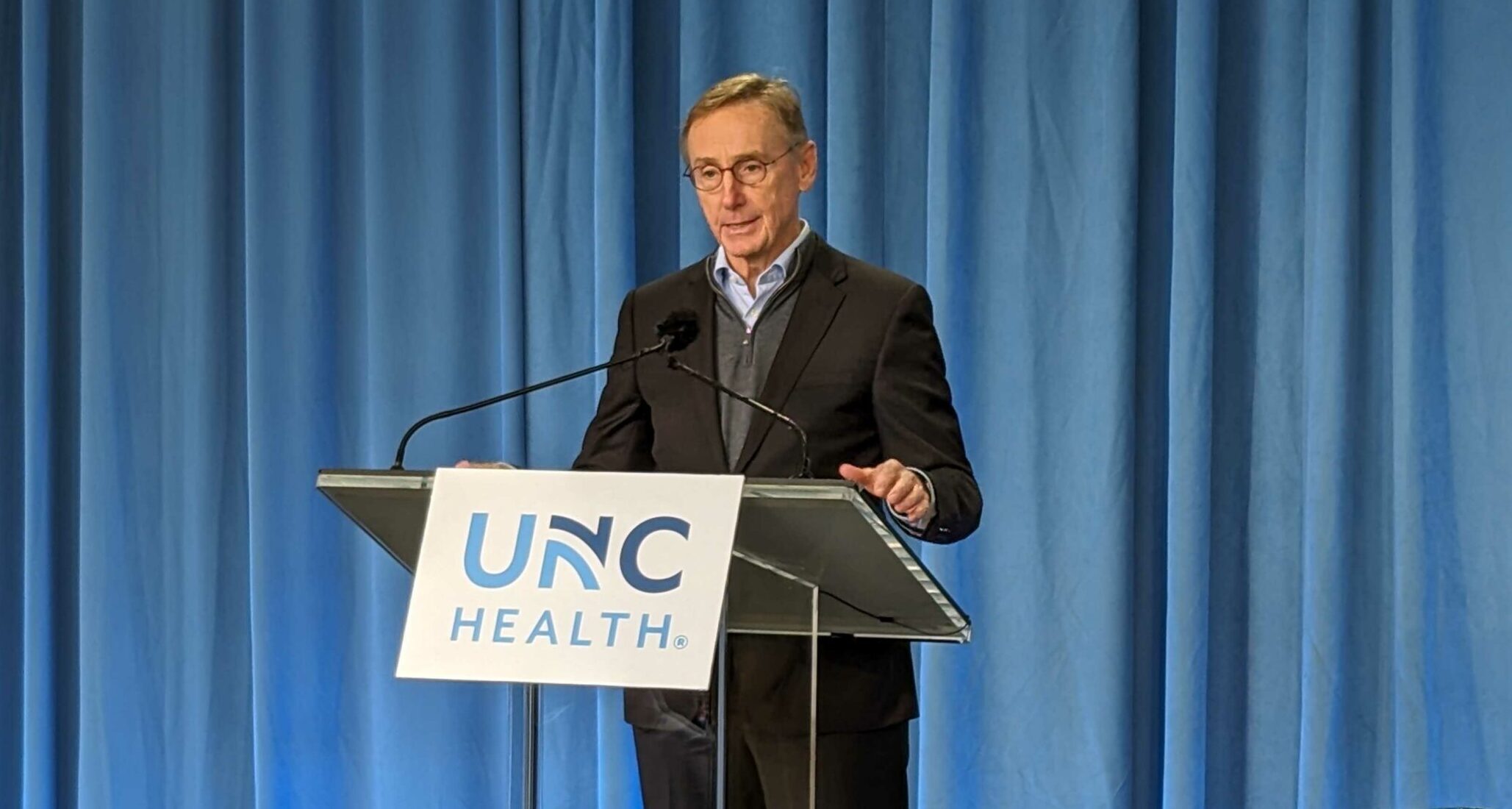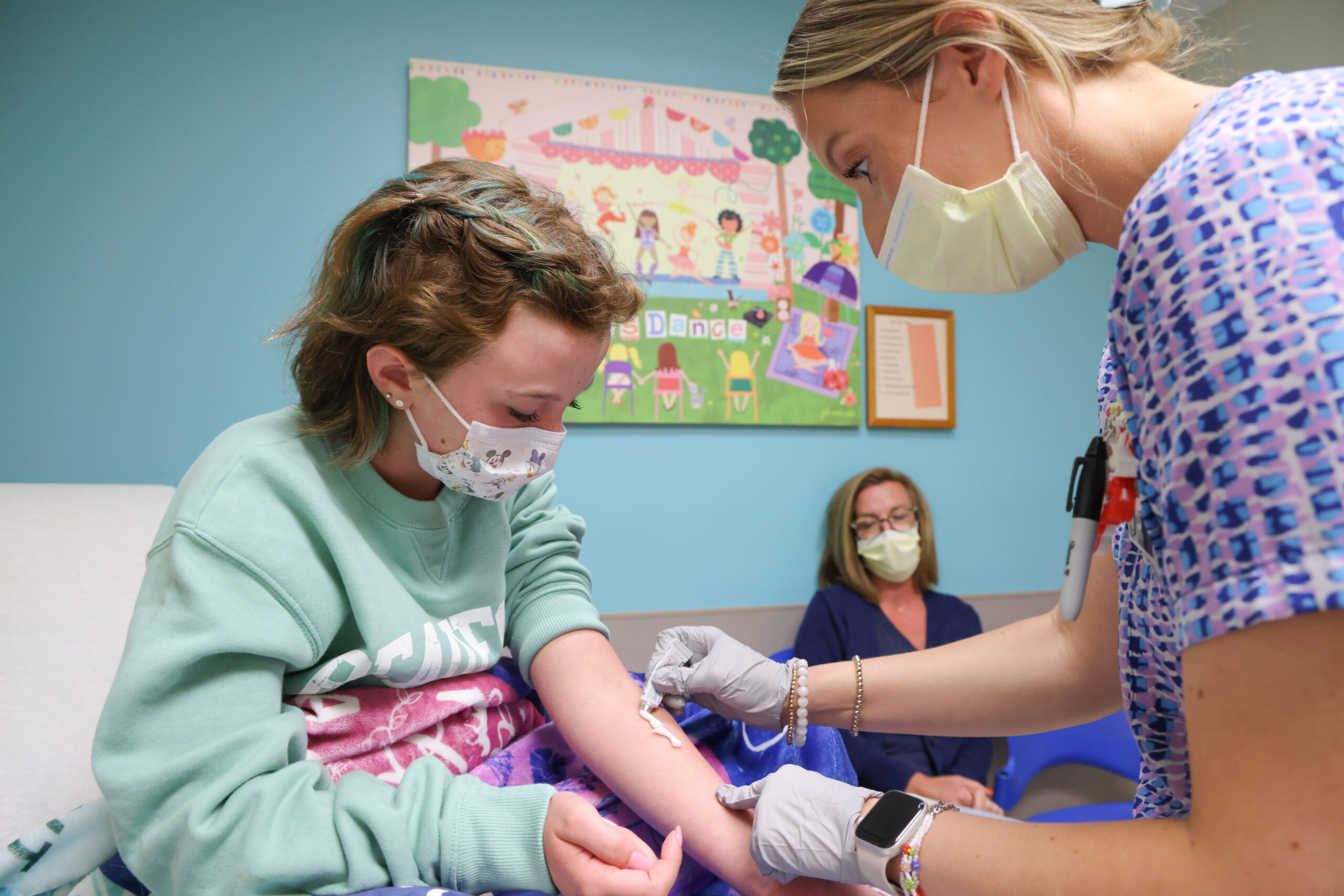One year after the first COVID-positive patient was identified in North Carolina, UNC Health experts gathered for a panel discussion to reflect on lessons learned and look ahead to what’s next.
Wednesday, March 3 marked one year since the first COVID-positive patient was identified in North Carolina.
Dr. Wesley Burks, the CEO of UNC Health and Dean of the UNC School of Medicine, kicked off Wednesday’s panel by opening the floor to UNC’s top health experts to share their experiences from the past year.
“Today is the anniversary of the first COVID-19 cases here in North Carolina,” said Burks. “Last week the country passed 500,000 deaths. Those numbers seem really hard to comprehend at times, but our teams spent the last year caring for COVID patients, caring for each other and behind the numbers that they’ve seen, they can tell you many personal stories that will illustrate what we’ve done.”
When the pandemic first started, UNC’s Respiratory Diagnostic Center and clinical microbiology labs were some of the first to spring into action.
Dr. Melissa Miller is the Director of UNC’s Clinical Molecular Microbiology Laboratory. She said when COVID testing first began on March 16, UNC was only able to conduct 100 to 120 tests per day. Now, Miller’s labs can conduct 2,500 tests per day if they receive all the supplies needed.
“In the last year we’ve done a quarter of a million tests just at the medical center,” Miller said. “If you look at UNC Health as a whole, we’ve done almost 350,000 tests statewide.”
Outside of mass testing across the state, UNC Hospitals has been actively treating individuals with severe cases of coronavirus.
Dr. David Weber, a Professor of Infectious Diseases and the Medical Director of Infection Prevention, said UNC’s Medical Center has treated 1,700 patients over the past year.
“Despite this large number of patients, not a single one of our healthcare providers in our COVID unit or in our emergency departments have acquired COVID as a result of working here in the hospital,” Weber said. “So, we do know how to prevent the transmission of this virus.”
As North Carolinians have endured one full year of pandemic hardships, hope is on the horizon as local vaccination efforts continue to ramp up.
Since vaccinations first began in December, UNC Health’s 15 vaccination clinics have administered nearly 200,000 doses of vaccine with nearly 35,000 at the Friday Center alone. Currently there are more than 40,000 individuals with scheduled appointments through the healthcare system.
Following recent news that the United States will have enough vaccine doses for every adult by the end of May, Weber said it’s likely we will also reach community protection levels at the end of May or June. Community protection means that 85 percent of the population has either been vaccinated or built-up immunity from having COVID.
“So, I do say by the end of summer that many aspects of daily life that we’ve had to alter may change,” Weber said. “The major concern in the future is the development of variants that may escape vaccine and or therapy. But the drug companies are working on new therapies and the vaccine companies are working on potential booster doses that cover these variants.”
Since January 20, the amount of vaccine received by the state has increased by 135 percent and is expected to continue growing with the introduction of the Johnson & Johnson vaccine.
This week, the federal government authorized the distribution of Johnson & Johnson’s one-shot vaccine. More than 80,000 doses are expected to arrive in the state in the coming week.
Dr. David Wohl, a Professor of Medicine and top infectious disease expert at UNC, explained the differences in efficacy between the Pfizer, Moderna and Johnson & Johnson vaccine.
In large clinical trials, Wohl said the Pfizer and Moderna vaccine proved to be 95 effective in preventing illness from COVID-19. Comparatively, following studies done in other countries, the Johnson & Johnson vaccine is proving to be 65 to 70 percent effective.
“The good news is, when you look at the data from the U.S., the J&J vaccine did better,” Wohl said. “When you look at preventing severe COVID-19 hospitalizations and death, it looks just as good as the Moderna and Pfizer vaccine. So, I feel the benefits of having one shot, being one and done, are really important for a lot of people, but I do believe people should look at the data and make some decisions for themselves.”
UNC Health’s vaccination clinic at the Friday Center in Chapel Hill expects to receive 3,600 doses of the Johnson & Johnson vaccine in the next day or two. Those doses will be used to hold special vaccination days for educators next week.
Chapelboro.com does not charge subscription fees. You can support local journalism and our mission to serve the community. Contribute today – every single dollar matters.

